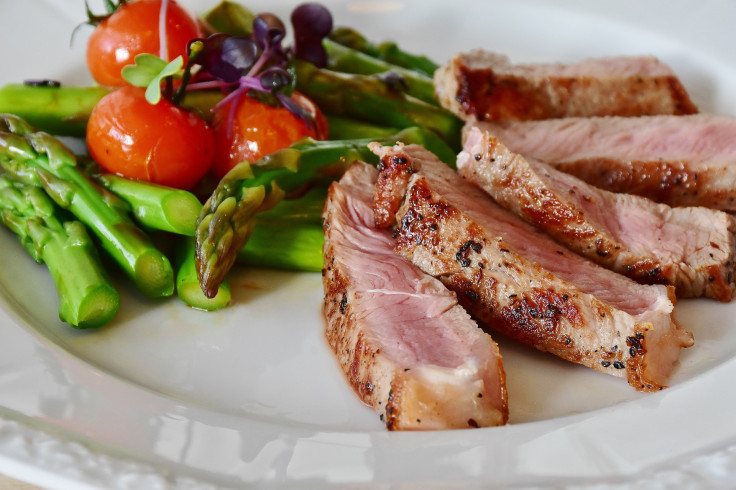Study Reveals How Vitamin K Helps Prevent Diabetes; Foods To Include In Your Diet
Previous studies have shown a link between reduced intake of vitamin K and increased risk of diabetes. A new study by Canadian researchers reveals how the vitamin, commonly found in green leafy vegetables, regulates blood sugar.
Vitamin K is a fat-soluble nutrient essential for blood clotting, bone and heart health. The nutrient prevents calcium buildup in arteries, causing reduced risk of high blood pressure, heart and kidney disease.
Although the deficiency of vitamin K is rare, inadequate levels can cause issues with blood clotting, weaken the bones and increase the risk of heart disease.
Vitamin K is a nutrient that gets broken down easily and excreted through urine or stool. Hence, even with a high intake, there is a rare chance of causing toxicity in the body, unlike other fat-soluble nutrients.
Dietary sources rich in vitamin K include vegetables such as kale, spinach, Brussels sprouts, cabbage, broccoli and meat items such as beef liver, ground beef, chicken and bacon. Other food items such as Swiss chard, prunes, blackberries and blueberries are also good sources of vitamin K.
In a study published in the Cell Reports, researchers from Universite de Montreal not only established the link between vitamin K and diabetes, but also found how it helps keep blood sugar under control.
"Diabetes is known to be caused by a reduction in the number of beta cells or by their inability to produce enough insulin, hence our keen interest in this novel finding. In order to elucidate the cellular mechanism by which vitamin K maintains beta cell function, it was essential to determine which protein was targeted by gamma-carboxylation in these cells," said Mathieu Ferron, a lead researcher of the study.
The team discovered a new vitamin K-dependent protein, paving the way for a new field of research.
"We were able to identify a new gamma-carboxylated protein called ERGP. Our study shows that this protein plays an important role in maintaining physiological levels of calcium in beta cells in order to prevent a disturbance of insulin secretion. Finally, we show that vitamin K through gamma-carboxylation is essential for ERGP to perform its role," Julie Lacombe, a co-researcher of the study, added.




























